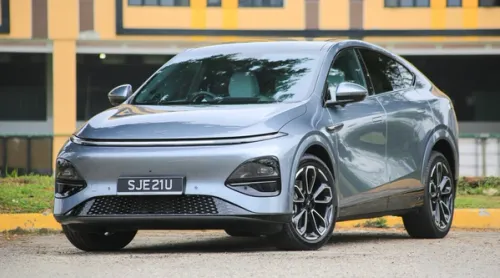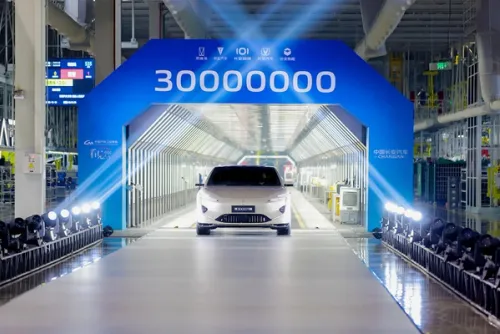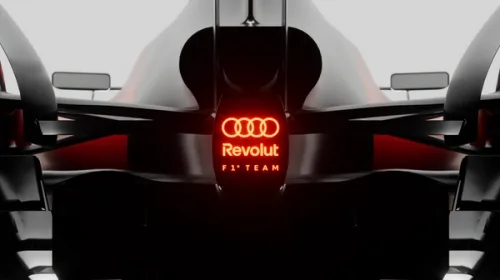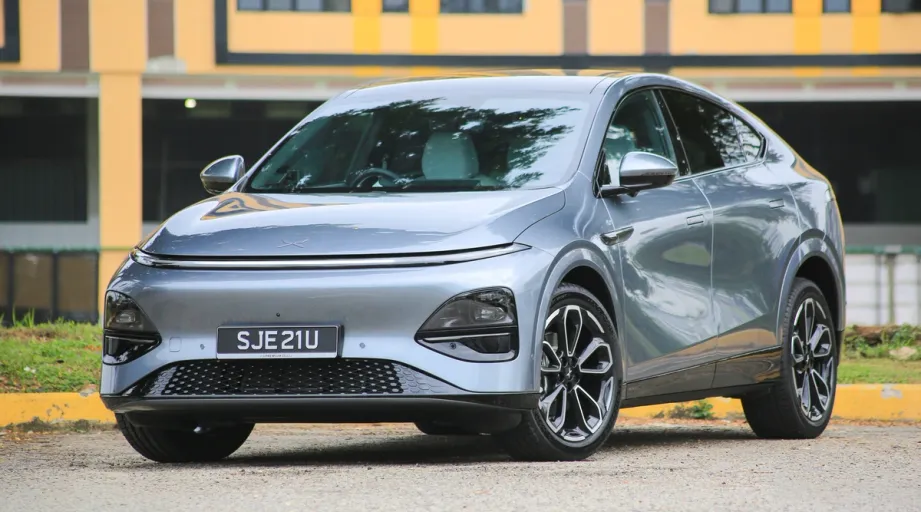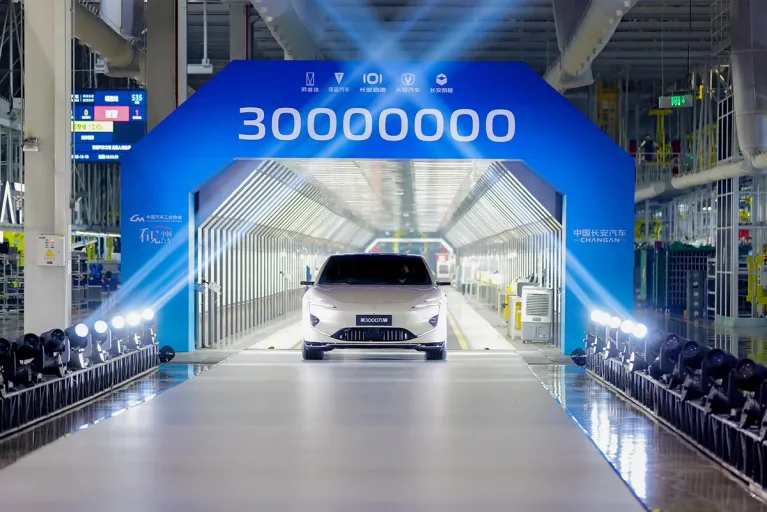What's a soul to a car?
You have heard it all before – Soul. The E30 M3 has a soul while the Nissan GT-R has no soul. Why does this one word kingmaker hold such sway in our minds? Why do we accept this concept seemingly with open arms without even an iota of scientific proof?

It is beause the idea stirrs something inside; it resonates, however much with all of us, because we understand its potential validity and have, at some point in time, wondered to ourselves if in the heart the machine resides more than just a metal engine block.
Soul is the incorporeal – the immortal essence of often a human being or a living thing. As humans, we may possess a soul, as may a tiger or a cow. Even a cockroach, amidst the scuttling synapes firing in its rudimentary nervous system, may have a soul but a non-living thing, like the car, may not.
But when I look at the aging photograph of my first car on my desk – a 1989 Honda Civic – why do I see the face of a dependable dame looking back at me through her trusty headlamps with an almost cherubic smile?
Yet, at the same time, a stranger would see nothing more than a regular sedan built for the proletariat masses.
Does soul reside in the eye of the beholder then? I think it does. I think it resides in the experiences shared between man and machine – in the stories from the most mundane air-conditioner failure to near-death misses while driving on the limit.
Let’s try this thought experiment:
Imagine that I, having learnt that you are interested in coffee have invited you over to my place to enjoy a cup of the beverage.
Torn away from your usual double-shot soy latte prepared by the attractive barista that you have been meaning to hit on, you are greeted instead with me seated at my desk with two green porcelain cups brimming with coffee still hot and steaming.
I tell you that this is traditional coffee that I grew up with and it’s roasted by hand over a fire by a man who has spent the last 20 years honing his skills to do just just that. This man is part of a dwindling number of roasters in Singapore still producing traditional coffee roasted with corn, butter, and sugar. And I know that man, well too, and would gladly introduce him to you.
As we talk more about the coffee and you learn about the effort and labour that went into making it, you are hooked on this coffee. You stop frequenting your usual café choosing instead to seek out old coffeeshops and buy your own beans to enjoy at home.
No more to yelling “Uncle, kopi-gao!” over the morning crowd, or so you think.
And one day, someone tells you that the coffee I serve at home is but instant three-in-one coffee straight from the packet with a dash of milk. You balk at your coffee and suddenly it is meaningless to you.
You confront me and I show you the beans that I use at home are the same as yours. I even introduce to you the roaster I spoke about. You realise that I had been telling the truth and suddenly the coffeebeans in your hands have meaning again.
Yet, having a story is just one part of the soul equation. Our reaction or resonance to that story also determines if we think an object has a soul.
For a boy who has grown up with nothing but Hondas for family cars, driving a single carbureted 1989 VTEC-less Honda Civic is a dream come true but to you, the reader, it may just be an econobox boy-racer’s fantasy.
The beauty in that is that it allows any car to have a soul so long as we make memories with them.
To misquote Elisabeth Kubler Ros, the most soulful cars are those have had their drivers known defeat, known suffering, known loss, and have found a way out of the depths. These drivers have an appreciation, a sensitivity, and understanding of the machines that they drive and see it mirrored back in a way that some of us may come close to calling a soul.
The soul is in the story.
Credits:


Get the Best Price for your used car
from 500+ dealers in 24 hours

- Convenient and Hassle-Free
- Consumer Protection
Transparent Process
With No Obligation

